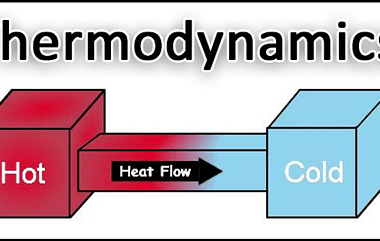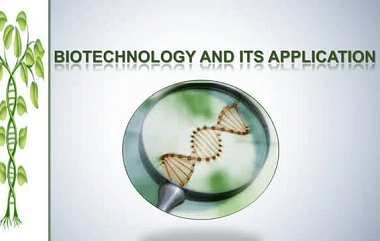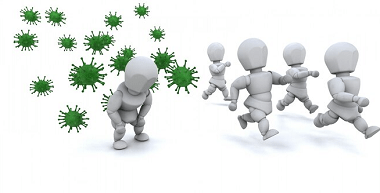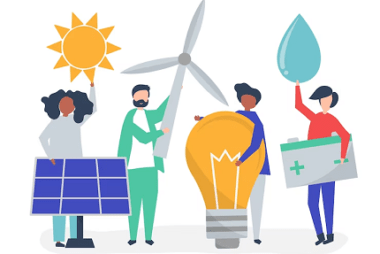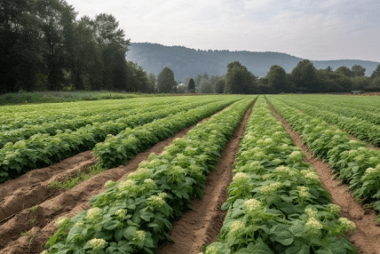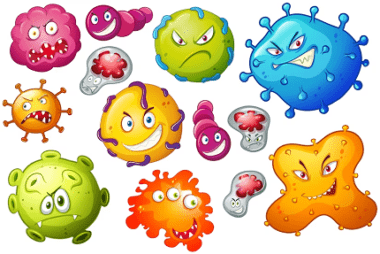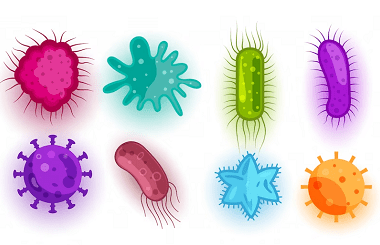Integrated Course NEET-CHEMISTRY-SYLLABUS Thermodynamics
Thermodynamics Thermodynamics is a branch of science that deals with the study of energy and its transformations in systems, particularly in relation to heat, work, and the properties of substances. It provides a framework for understanding and analyzing the behavior of various systems, ranging from microscopic particles to macroscopic objects. Key concepts in thermodynamics include:…
